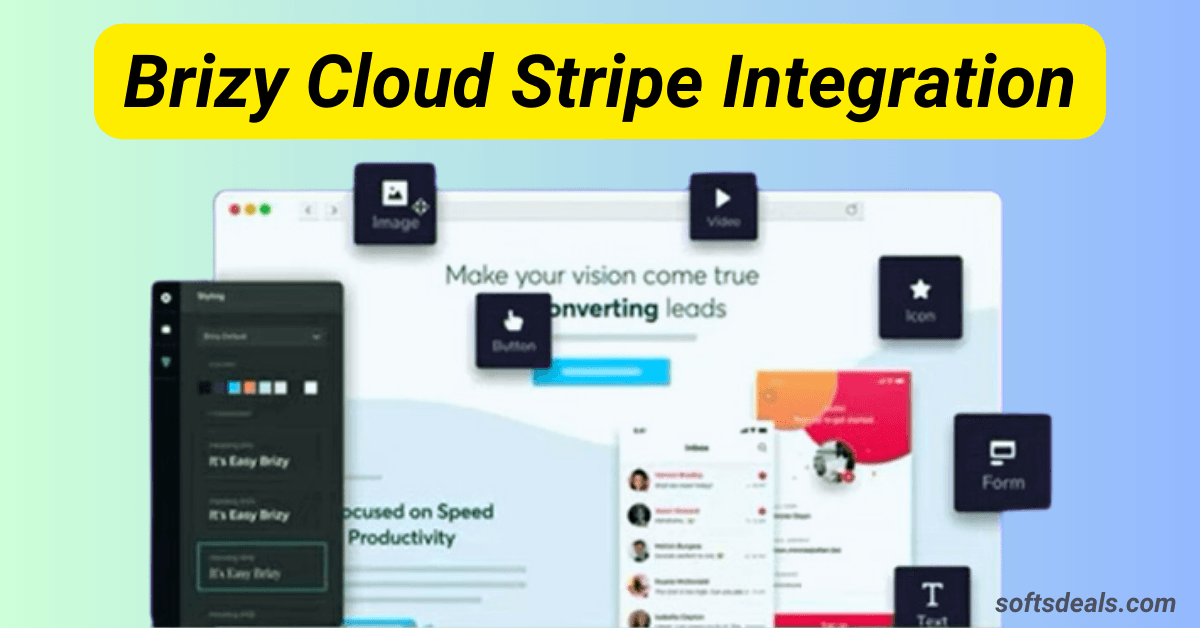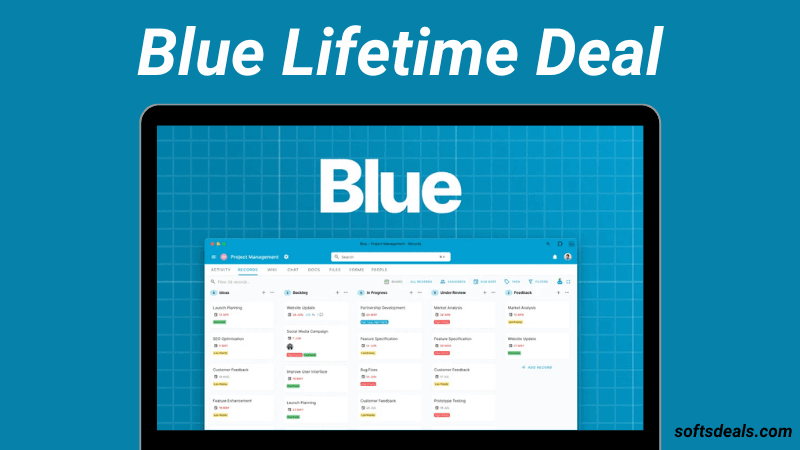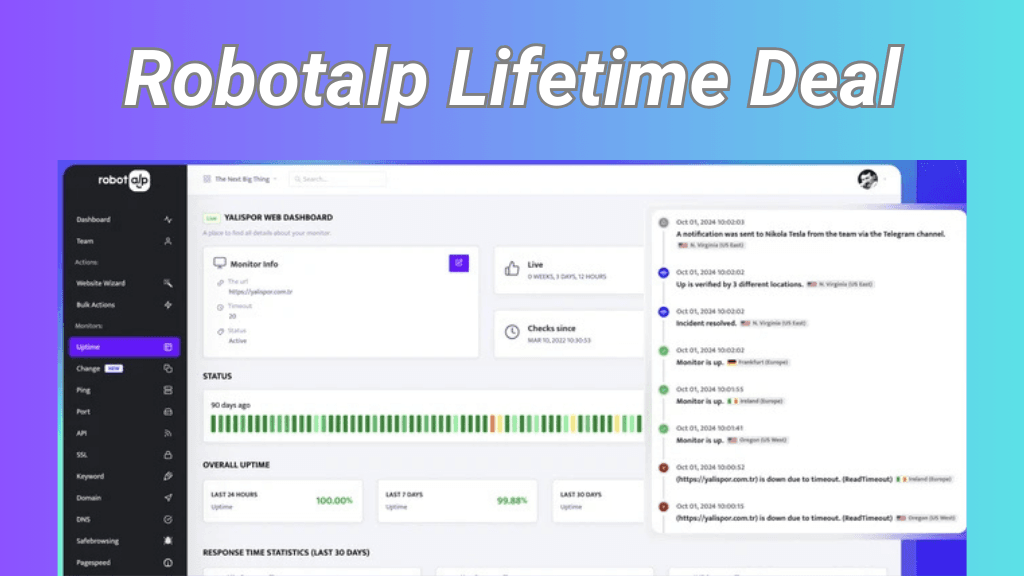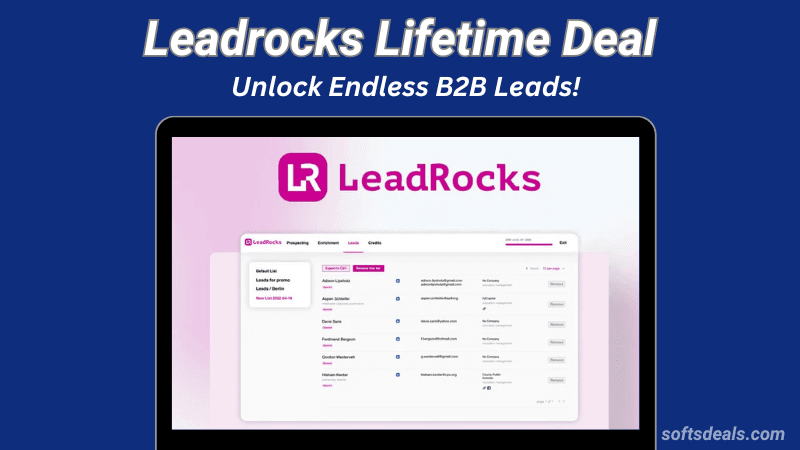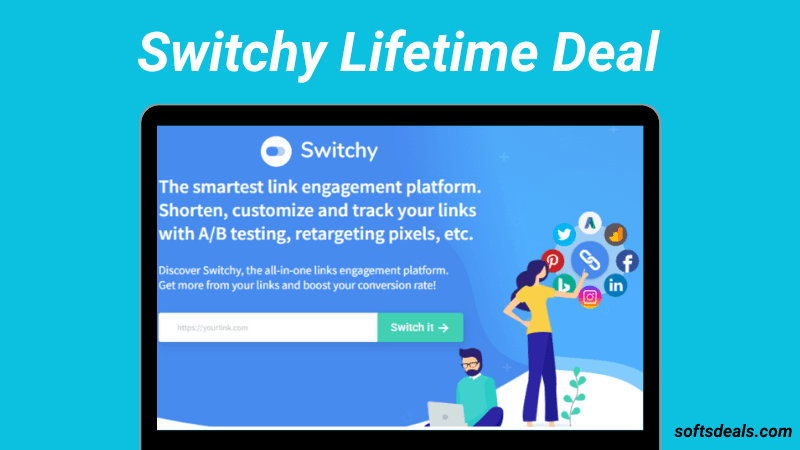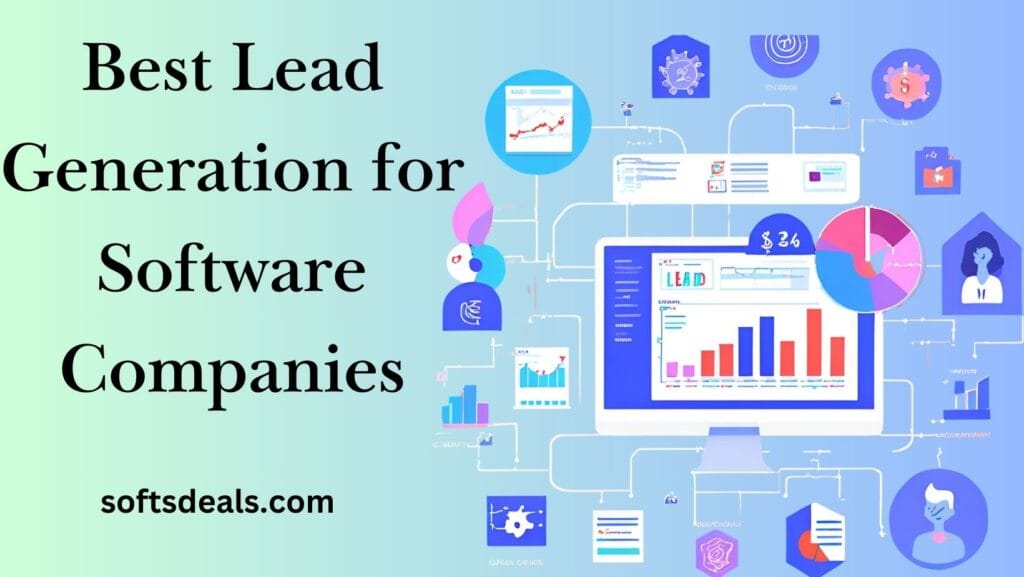The best accounting software for small churches is QuickBooks Online. It offers a user-friendly interface and essential features for church accounting.
Churches need efficient accounting software to manage finances and maintain transparency. QuickBooks Online stands out for its ease of use and comprehensive features. It allows churches to track donations, manage expenses, and generate financial reports effortlessly. QuickBooks Online supports multiple users, making it suitable for church staff and volunteers.
It also integrates with various banking institutions, simplifying the reconciliation process. This software ensures churches can maintain accurate records and comply with financial regulations. QuickBooks Online’s cloud-based system provides access anytime, anywhere, which is ideal for small churches with limited resources. This makes it an excellent choice for managing church finances effectively.
Key Features To Look For
Choosing the best accounting software for small churches is crucial. The right software can streamline financial processes, manage donations, and ensure compliance. Here are some key features to look for when selecting the perfect accounting software for your church.
User-friendly Interface
An accounting software with a user-friendly interface is essential for small churches. Church staff and volunteers may not have an accounting background. A simple and intuitive design will make it easier for everyone to navigate and use the software efficiently.
Consider these features for a user-friendly interface:
- Easy Navigation: Menus and options should be clearly labeled.
- Dashboard: A customizable dashboard that displays key information at a glance.
- Help and Support: Access to tutorials, FAQs, and customer support.
- Mobile Compatibility: The ability to use the software on smartphones and tablets.
Here’s an example of what a user-friendly interface might look like:
| Feature | Description |
|---|---|
| Navigation Menu | Clearly labeled options for easy access. |
| Dashboard | Customizable widgets displaying key metrics. |
| Help Center | Guides, videos, and customer support contact. |
| Mobile App | Compatible with iOS and Android devices. |
Financial Reporting Tools
Effective financial reporting tools are vital for small churches. These tools help in tracking expenses, budgeting, and ensuring transparency with members. Look for software that offers comprehensive reporting capabilities.
Important financial reporting features include:
- Income and Expense Tracking: Monitor all financial transactions.
- Budgeting: Create and manage budgets for different church activities.
- Custom Reports: Generate reports tailored to your church’s needs.
- Tax Preparation: Tools to simplify tax filing and compliance.
Consider the following financial reporting tools:
| Tool | Benefit |
|---|---|
| Income Tracking | Monitor tithes, offerings, and other sources of income. |
| Expense Tracking | Keep track of all church-related expenses. |
| Budget Management | Allocate funds and monitor spending. |
| Custom Reports | Generate detailed financial statements. |
| Tax Tools | Prepare and file taxes efficiently. |
Donation Management
Small churches rely heavily on donations from their community. Efficient donation management tools are essential to keep track of contributions and maintain donor relationships.
Key features for donation management include:
- Online Giving: Facilitate online donations through a secure portal.
- Recurring Donations: Allow donors to set up automatic contributions.
- Donor Database: Maintain detailed records of all donors.
- Thank You Letters: Automatically generate acknowledgment letters for donations.
Effective donation management can be achieved with these tools:
| Feature | Benefit |
|---|---|
| Online Giving | Convenient for donors, increases contributions. |
| Recurring Donations | Ensures steady income stream. |
| Donor Database | Track donor information and donation history. |
| Thank You Letters | Show appreciation and build donor loyalty. |
Top Accounting Software Options
Choosing the best accounting software for small churches can be daunting. Churches need software that is both user-friendly and efficient. The right tool will streamline financial management, ensuring transparency and accuracy. Below are some top accounting software options for small churches.
Quickbooks Online
QuickBooks Online is a powerful and versatile accounting software. It is well-suited for small churches. The software offers a variety of features that help manage church finances easily.
With QuickBooks Online, you can:
- Track donations and contributions effectively.
- Generate financial reports with ease.
- Integrate with other tools like payroll and payment processors.
The software provides multiple pricing plans. This allows churches to choose based on their budget and needs. Here is a quick comparison of the plans:
| Plan | Features | Price (per month) |
|---|---|---|
| Simple Start | Basic accounting, invoicing | $25 |
| Essentials | Bill management, time tracking | $50 |
| Plus | Inventory tracking, project management | $80 |
QuickBooks Online also offers a mobile app. This allows church staff to access financial data on-the-go. The app is available for both iOS and Android devices.

Aplos
Aplos is designed specifically for nonprofits and churches. It simplifies accounting tasks while providing powerful tools for managing finances.
Key features of Aplos include:
- Fund accounting to track designated funds separately.
- Donation tracking to keep records of contributions.
- Customizable reports to meet specific church needs.
Aplos offers an all-in-one solution. It integrates accounting, donor management, and church management in one platform. Here is a breakdown of Aplos pricing:
| Plan | Features | Price (per month) |
|---|---|---|
| Starter | Basic accounting, donation tracking | $29 |
| Standard | Advanced reporting, budgeting | $59 |
| Plus | All features, priority support | $129 |
Aplos is cloud-based, meaning data is accessible from anywhere. This flexibility is ideal for church staff who need to work remotely.
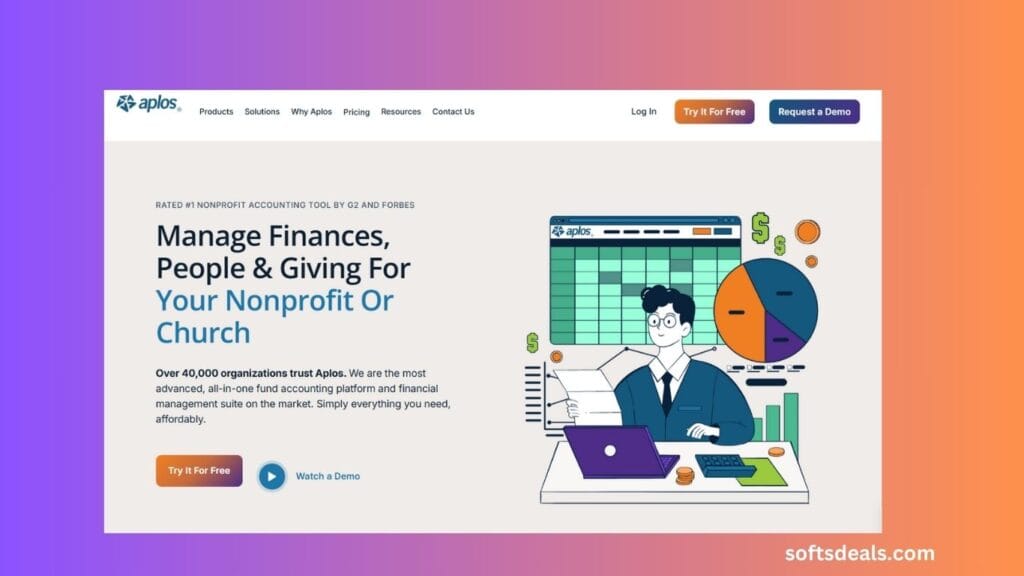
Churchtrac
ChurchTrac is a comprehensive church management software. It includes robust accounting features tailored for small churches.
Benefits of using ChurchTrac include:
- Membership management to keep track of church members.
- Event planning to organize church events.
- Accounting tools to manage finances efficiently.
ChurchTrac provides a range of pricing plans suitable for small churches:
| Plan | Features | Price (per month) |
|---|---|---|
| Free | Basic features, limited users | $0 |
| Plus | Advanced accounting, unlimited users | $10 |
| Premier | All features, priority support | $25 |
ChurchTrac is user-friendly and easy to set up. The software offers excellent customer support to assist with any issues.
Comparing Pricing Models
Choosing the best accounting software for small churches can be a daunting task. One of the key factors in making this decision is understanding the pricing models available. Comparing pricing models helps churches determine which software fits their budget and needs. This section will explore various pricing models, including subscription vs. one-time fee, free trials and demos, and discounts for nonprofits.
Subscription Vs. One-time Fee
There are two main types of pricing models for accounting software: subscription-based and one-time fee. Each has its pros and cons, which can impact a church’s decision.
Subscription-based models are popular for their flexibility and regular updates. Churches pay a monthly or yearly fee to use the software. This model often includes:
- Regular updates and new features
- Ongoing customer support
- Scalability as the church grows
Pros of subscription-based models:
- Lower initial cost
- Access to the latest features and improvements
- Better support and maintenance
Cons of subscription-based models:
- Ongoing expense
- Potentially higher long-term cost
- Dependence on internet connectivity
One-time fee models require a single payment to purchase the software. These models often include:
- Lifetime access to the software
- No recurring fees
- Full control over updates
Pros of one-time fee models:
- One-time expense
- Cost-effective in the long run
- No dependency on internet connectivity
Cons of one-time fee models:
- Higher initial cost
- Potential lack of updates and support
- Limited scalability
Free Trials And Demos
Many accounting software providers offer free trials or demos. These options allow churches to test the software before committing to a purchase. Free trials typically last for 14 to 30 days. During this period, churches can:
- Explore features and functionalities
- Assess user-friendliness and ease of use
- Evaluate customer support
Benefits of free trials:
- Risk-free evaluation
- Opportunity to compare multiple software options
- Hands-on experience with the software
Considerations during free trials:
- Ensure all key features are tested
- Involve multiple users in the trial
- Take note of any limitations in the trial version
Demos are another valuable resource. Software providers often offer live or recorded demos, showcasing the software’s capabilities. Demos can be:
- Live sessions with QA
- Pre-recorded walkthroughs
- Interactive tours
Advantages of demos:
- Visual and guided exploration
- Opportunity to ask questions
- Quick overview of key features
Discounts For Nonprofits
Many accounting software providers offer special discounts for nonprofits, including churches. These discounts can make high-quality software more affordable. Common types of discounts include:
- Percentage off the regular price
- Tiered pricing based on the size of the organization
- Special nonprofit packages
Examples of discounts:
| Software Provider | Discount Type | Details |
|---|---|---|
| QuickBooks | 50% off | For the first year |
| ChurchTrac | Nonprofit rate | Special pricing for churches |
| ACS Technologies | Custom pricing | Based on church size and needs |
Benefits of nonprofit discounts:
- Reduced financial burden
- Access to premium features at lower costs
- Enhanced budgeting for other church activities
Tips for obtaining discounts:
- Contact the provider directly
- Verify nonprofit status
- Ask about any additional offers or promotions
Integration With Other Tools
Choosing the best accounting software for small churches involves several key considerations, including the ability to integrate with other essential tools. Effective integration ensures smooth operations and saves time, allowing church staff to focus on ministry rather than administrative tasks. Below, we explore the critical integrations small churches should look for in accounting software.
Payment Processing
Seamless payment processing integration is vital for small churches. This feature streamlines donations, tithes, and other financial contributions. Here are the benefits:
- Automated Donations: Automatically record and process online donations, reducing manual entry.
- Recurring Payments: Allow members to set up recurring tithes, ensuring consistent cash flow.
- Secure Transactions: Ensure that all transactions are secure and compliant with industry standards.
Many accounting software options offer built-in payment processing or integration with popular payment platforms like PayPal, Stripe, or Square. This integration simplifies the reconciliation process, ensuring that all transactions are accurately recorded in the accounting system.
Website Integration
Integrating accounting software with the church’s website enhances efficiency and member engagement. Key advantages include:
- Online Giving Forms: Embed donation forms directly on the church website for easy access.
- Event Registrations: Sync event registrations and payments with the accounting system.
- Real-Time Updates: Automatically update financial records as transactions occur online.
Website integration allows churches to provide a seamless online experience for members. It reduces administrative tasks by ensuring that all financial activities conducted through the website are automatically reflected in the accounting software.
Member Management Systems
Integrating with member management systems is crucial for churches to keep track of member contributions and engagement. Benefits include:
- Unified Data: Maintain a single database for member information and financial records.
- Contribution Tracking: Easily track and report on individual member donations.
- Communication: Enhance communication with members through personalized financial reports and updates.
Most modern accounting software offers integration with popular church management systems, such as Church Community Builder, Planning Center, or Breeze. This integration ensures that all member interactions, contributions, and engagements are accurately recorded and easily accessible in one place.
User Support And Resources
Choosing the best accounting software for small churches involves considering various factors. One critical aspect is User Support and Resources. These can significantly enhance the usability and efficiency of the software. Good user support ensures that church staff can get help when needed, while training resources and community forums offer valuable insights and solutions.
Customer Service Availability
Excellent customer service is vital for any accounting software. Small churches often rely on quick, reliable support to solve issues efficiently. The best accounting software should offer:
- 24/7 customer service through multiple channels like phone, email, and live chat.
- A dedicated support team that understands church-specific accounting needs.
- Quick response times to minimize downtime.
Here is a comparison table of customer service availability for popular accounting software:
| Software | Customer Service Hours | Support Channels |
|---|---|---|
| Software A | 24/7 | Phone, Email, Live Chat |
| Software B | Mon-Fri, 9 AM – 5 PM | Phone, Email |
| Software C | 24/7 | Email, Live Chat |
Training Resources
Training resources are essential to help church staff efficiently use the accounting software. The best software should provide:
- Comprehensive tutorials that cover all features of the software.
- Step-by-step guides for common accounting tasks.
- Video tutorials that visually demonstrate how to use the software.
- Webinars and live training sessions for interactive learning.
Access to these resources ensures that users can easily learn how to navigate the software. This reduces the learning curve and allows staff to focus on their core responsibilities.
Here is a summary of training resources offered by popular accounting software:
| Software | Tutorials | Video Guides | Webinars |
|---|---|---|---|
| Software A | Yes | Yes | Yes |
| Software B | Yes | No | No |
| Software C | Yes | Yes | No |
Community Forums
Community forums are a valuable resource for users to share experiences and solutions. The best accounting software should have:
- Active community forums where users can ask questions and share tips.
- Moderators or experts who provide reliable answers.
- Searchable archives to find solutions to common issues.
- Spaces for users to suggest new features and improvements.
Participation in these forums helps users learn from each other and find quick solutions. This fosters a sense of community and support among users.
Here’s a look at the community forums for popular accounting software:
| Software | Community Forum Availability | Moderator Support |
|---|---|---|
| Software A | Yes | Yes |
| Software B | Yes | No |
| Software C | No | No |
Security And Compliance
Choosing the best accounting software for small churches involves several factors, with security and compliance being top priorities. Churches must ensure that their financial data is secure and that they comply with regulatory standards. This section explores the key aspects of security and compliance in accounting software for small churches.
Data Protection Measures
Data protection is crucial for small churches to safeguard sensitive financial information. The best accounting software should include robust data protection measures. Here are some key features to look for:
- Encryption: The software should use strong encryption methods to protect data during transmission and storage.
- Backup Solutions: Regular backups ensure that data is not lost in case of system failures or cyber-attacks.
- Secure Servers: Hosting data on secure servers with firewalls and intrusion detection systems helps prevent unauthorized access.
A comparison of popular accounting software options may look like this:
| Software | Encryption | Backup Solutions | Secure Servers |
|---|---|---|---|
| Software A | 256-bit AES | Daily Backups | Yes |
| Software B | SSL/TLS | Weekly Backups | Yes |
| Software C | RSA | Monthly Backups | No |
Regulatory Compliance
Small churches need to comply with various regulations, including financial reporting standards and data protection laws. The best accounting software should help churches meet these regulatory compliance requirements. Important features include:
- Tax Compliance: The software should automatically update tax rates and ensure accurate tax reporting.
- Financial Reporting: It should generate compliant financial statements and reports.
- GDPR Compliance: For churches in the EU, the software must comply with GDPR regulations.
Here’s a quick overview of compliance features in popular accounting software:
| Software | Tax Compliance | Financial Reporting | GDPR Compliance |
|---|---|---|---|
| Software A | Yes | Yes | Yes |
| Software B | Yes | Yes | No |
| Software C | No | Yes | Yes |
User Access Controls
Controlling who has access to financial data is vital for security. The best accounting software offers robust user access controls. Important features include:
- Role-Based Access: Assign different access levels based on user roles (e.g., admin, accountant, volunteer).
- Multi-Factor Authentication (MFA): Adds an extra layer of security by requiring multiple forms of verification.
- Audit Trails: Keeps detailed logs of all user activities to detect and prevent unauthorized access.
Here’s a summary of user access control features in popular accounting software:
| Software | Role-Based Access | MFA | Audit Trails |
|---|---|---|---|
| Software A | Yes | Yes | Yes |
| Software B | Yes | No | Yes |
| Software C | No | Yes | No |
Success Stories From Small Churches
Choosing the best accounting software for small churches can be a daunting task. The right software can make a significant difference in managing finances, donations, and expenses efficiently. Success stories from small churches demonstrate how the right tool can streamline operations and enhance financial transparency. Let’s explore some real-life examples where small churches have thrived using popular accounting software.
Case Study: Using Quickbooks
Many small churches have found QuickBooks to be an invaluable asset for their financial management. One such church is the “Grace Community Church.” Initially, they faced challenges in tracking their donations and expenses. After implementing QuickBooks, they experienced several benefits:
- Automated Donation Tracking: Donations were automatically recorded, reducing manual entry errors.
- Expense Management: Categorizing and tracking expenses became easier, providing clear financial insights.
- Financial Reporting: QuickBooks generated detailed financial reports, aiding in budget planning and transparency.
Pastor John from Grace Community Church shared, “QuickBooks transformed our financial management. We now have more time to focus on our ministry.”
Here’s a quick comparison of their financial management before and after using QuickBooks:
| Aspect | Before QuickBooks | After QuickBooks |
|---|---|---|
| Donation Tracking | Manual and Error-Prone | Automated and Accurate |
| Expense Management | Disorganized | Well-Categorized |
| Financial Reporting | Time-Consuming | Quick and Detailed |
Case Study: Aplos In Action
Aplos has been a game-changer for “Faith Baptist Church.” They needed a system tailored for churches, and Aplos provided just that. Here are some key features they benefited from:
- Fund Accounting: Aplos allowed them to manage restricted and unrestricted funds effortlessly.
- Online Giving: Integrated online giving made it simple for members to donate from anywhere.
- Member Management: Keeping track of member contributions and engagement became seamless.
Church Administrator Lisa stated, “Aplos has streamlined our accounting processes. We can focus more on our mission and less on paperwork.”
Some of the noticeable improvements include:
- Increased Donations: Online giving options boosted member contributions by 20%.
- Efficient Fund Management: Clear tracking of designated funds improved financial accountability.
- Enhanced Member Engagement: Easy tracking of member contributions helped in personalized engagement.
Case Study: Churchtrac Experience
“Holy Trinity Church” opted for ChurchTrac and saw significant improvements in their administrative and financial tasks. ChurchTrac provided them with a comprehensive solution that included:
- Integrated Accounting: Managing finances within the same platform as their member database simplified operations.
- Event Management: Coordinating church events and tracking related expenses became easier.
- Custom Reports: Generating custom financial and attendance reports provided valuable insights.
Pastor Mark mentioned, “ChurchTrac has been a blessing. It’s an all-in-one tool that meets our church’s needs.”
Here is a summary of their experience with ChurchTrac:
| Feature | Benefit |
|---|---|
| Integrated Accounting | Streamlined financial and member management |
| Event Management | Efficient event planning and expense tracking |
| Custom Reports | Detailed insights for better decision-making |
Making The Right Choice
Choosing the best accounting software for small churches can be a daunting task. Making the right choice ensures smooth financial management, helps track donations, and simplifies tax reporting. With the myriad of options available, it’s crucial to pick software that aligns with your church’s needs and long-term goals.
Assessing Church Needs
Before selecting accounting software, assess the specific needs of your church. Different churches have different requirements based on their size, budget, and complexity of operations. Here are some key aspects to consider:
- Budget: Determine how much your church can afford to spend on accounting software. Some options offer free plans, while others require a monthly or annual subscription.
- Features: List the essential features your church needs, such as donation tracking, expense management, payroll processing, and financial reporting.
- Usability: Ensure the software is user-friendly and can be easily operated by staff and volunteers with varying levels of tech-savviness.
- Scalability: Choose software that can grow with your church. If your church expands, the software should be able to handle increased transactions and users.
Here is a comparison table for assessing church needs:
| Criteria | Details |
|---|---|
| Budget | Free, Subscription-based |
| Features | Donation Tracking, Expense Management, Payroll Processing, Financial Reporting |
| Usability | User-Friendly Interface, Easy for Staff and Volunteers |
| Scalability | Handles Increased Transactions and Users |
Trial Periods
Take advantage of trial periods offered by many accounting software providers. This allows your church to test the software before making a financial commitment. During the trial period, focus on the following:
- Ease of Use: Evaluate how easy it is to navigate the software. Can your team quickly learn to use it?
- Feature Compatibility: Check if the software meets all your church’s needs. Does it offer the essential features you listed earlier?
- Customer Support: Test the quality of customer support. Are they responsive and helpful?
- Integration: Ensure the software can integrate with other tools your church uses, such as email marketing platforms and CRM systems.
Most trial periods last between 14 to 30 days. Use this time to fully explore the software’s capabilities. Involve your staff in the testing process to get their feedback.
Here’s a sample checklist for trial periods:
| Checklist Item | Status |
|---|---|
| Ease of Use | ✔ |
| Feature Compatibility | ✔ |
| Customer Support | ✔ |
| Integration | ✔ |
Long-term Considerations
When choosing accounting software, think about the long-term implications. Your church’s needs may evolve, and your software should be able to adapt. Consider the following long-term factors:
- Updates and Upgrades: Check if the software provider offers regular updates. These updates should include new features and security enhancements.
- Data Security: Ensure the software has robust security measures to protect sensitive financial data. Look for features like encryption and secure data storage.
- Customer Reviews: Read reviews from other small churches. Their experiences can provide insights into the software’s performance over time.
- Cost of Ownership: Consider the total cost of ownership, including subscription fees, training costs, and any additional charges for support or upgrades.
Here is a table summarizing long-term considerations:
| Consideration | Details |
|---|---|
| Updates and Upgrades | Regular Feature and Security Updates |
| Data Security | Encryption, Secure Storage |
| Customer Reviews | Insights from Other Small Churches |
| Cost of Ownership | Subscription Fees, Training Costs, Additional Charges |
Making an informed decision on accounting software can significantly benefit your church’s financial management. By assessing needs, utilizing trial periods, and considering long-term factors, your church can select the best accounting software to support its mission.
Frequently Asked Questions
What Is The Best Accounting Software For Small Churches?
The best accounting software for small churches is one that is easy to use, affordable, and offers essential features like donation tracking, payroll, and financial reporting. Some popular options include QuickBooks, Aplos, and Wave.
Why Do Small Churches Need Accounting Software?
Small churches need accounting software to manage finances efficiently, track donations, prepare financial reports, and ensure compliance with legal requirements. It simplifies bookkeeping and helps maintain transparency.
Can Small Churches Use Free Accounting Software?
Yes, small churches can use free accounting software like Wave. It offers essential features such as expense tracking, invoicing, and financial reporting at no cost. However, paid software often provides more advanced features.
How To Choose Accounting Software For Small Churches?
When choosing accounting software, consider ease of use, cost, essential features, and customer support. Look for software that offers donation tracking, payroll, and financial reporting tailored for non-profits.
Conclusion
Choosing the best accounting software for small churches depends on specific needs and budget. Evaluate features, ease of use, and support options. The right software helps manage finances efficiently and ensures transparency. Research thoroughly to find the perfect fit, ensuring your church’s financial health and growth.

